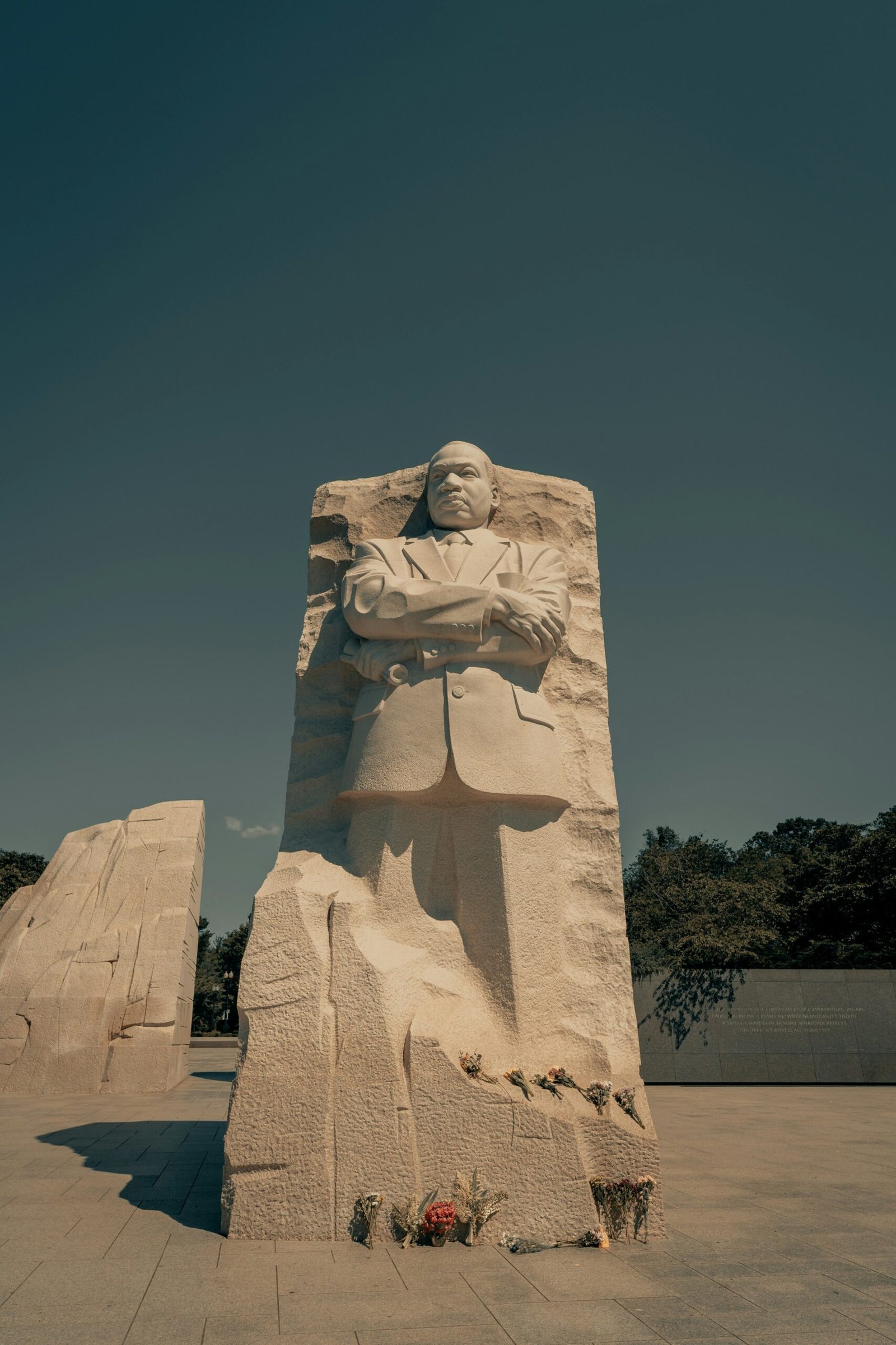The Ratification of the 24th Amendment to the United States Constitution on January 23, 1964, marked a significant moment in the history of civil rights in America. This amendment played a crucial role in the fight for voting rights by prohibiting the use of poll taxes in national elections. The elimination of this discriminatory practice was a major step forward in ensuring equal access to the ballot box for African American voters and other minority groups.
The Problem of Poll Taxes
For years, poll taxes were used as a means to suppress the votes of African Americans and other marginalized communities. These taxes were imposed as a prerequisite for voting, making it difficult for those living in poverty to exercise their right to vote. The poll tax effectively created a barrier that prevented many African Americans from participating in the democratic process.
Prior to the ratification of the 24th Amendment, poll taxes were prevalent in several southern states. These taxes were intentionally designed to target minority voters and maintain white supremacy. By imposing a financial burden on potential voters, poll taxes served as a tool of voter suppression.
The Fight for Voting Rights
The civil rights movement of the 1960s brought attention to the injustices faced by African Americans in the United States. Activists and organizations, such as the NAACP and the Southern Christian Leadership Conference, fought tirelessly for equal rights, including the right to vote.
One of the key demands of the civil rights movement was the elimination of poll taxes. It was widely recognized that this discriminatory practice undermined the principles of democracy and equality. African American leaders, such as Martin Luther King Jr. and Rosa Parks, spoke out against poll taxes and called for their abolition.
The Road to Ratification
The 24th Amendment was introduced to Congress on August 27, 1962, and was ratified by the required number of states on January 23, 1964. The amendment stated, “The right of citizens of the United States to vote in any primary or other election for President or Vice President, for electors for President or Vice President, or for Senator or Representative in Congress, shall not be denied or abridged by the United States or any state by reason of failure to pay any poll tax or other tax.”
Ratification of the 24th Amendment was not without its challenges. Southern states, where poll taxes were most prevalent, fiercely opposed the amendment. However, the civil rights movement and public pressure played a significant role in garnering support for the amendment.
Ultimately, the 24th Amendment was ratified by the necessary three-fourths of the states, ensuring its inclusion in the United States Constitution. This victory was a testament to the power of grassroots activism and the determination of those fighting for equality.
The Impact of the 24th Amendment
The ratification of the 24th Amendment had a profound impact on the voting rights of African Americans and other minority groups. By eliminating poll taxes, the amendment removed a significant barrier to voting and helped to ensure a more equitable electoral process.
The amendment reinforced the democratic principle of one person, one vote. It sent a clear message that no citizen should be denied the right to vote based on their economic status. The elimination of poll taxes marked a turning point in the fight for voting rights and set the stage for further advancements in civil rights legislation.
Conclusion
The ratification of the 24th Amendment in 1964 was a pivotal moment in the struggle for voting rights in the United States. By outlawing poll taxes, the amendment struck a blow against voter suppression and helped to create a more inclusive democracy. The legacy of the 24th Amendment serves as a reminder of the importance of protecting and expanding voting rights for all citizens.
For more information on the 24th Amendment and its historical significance, please visit the National Archives and the National Civil Rights Museum.

